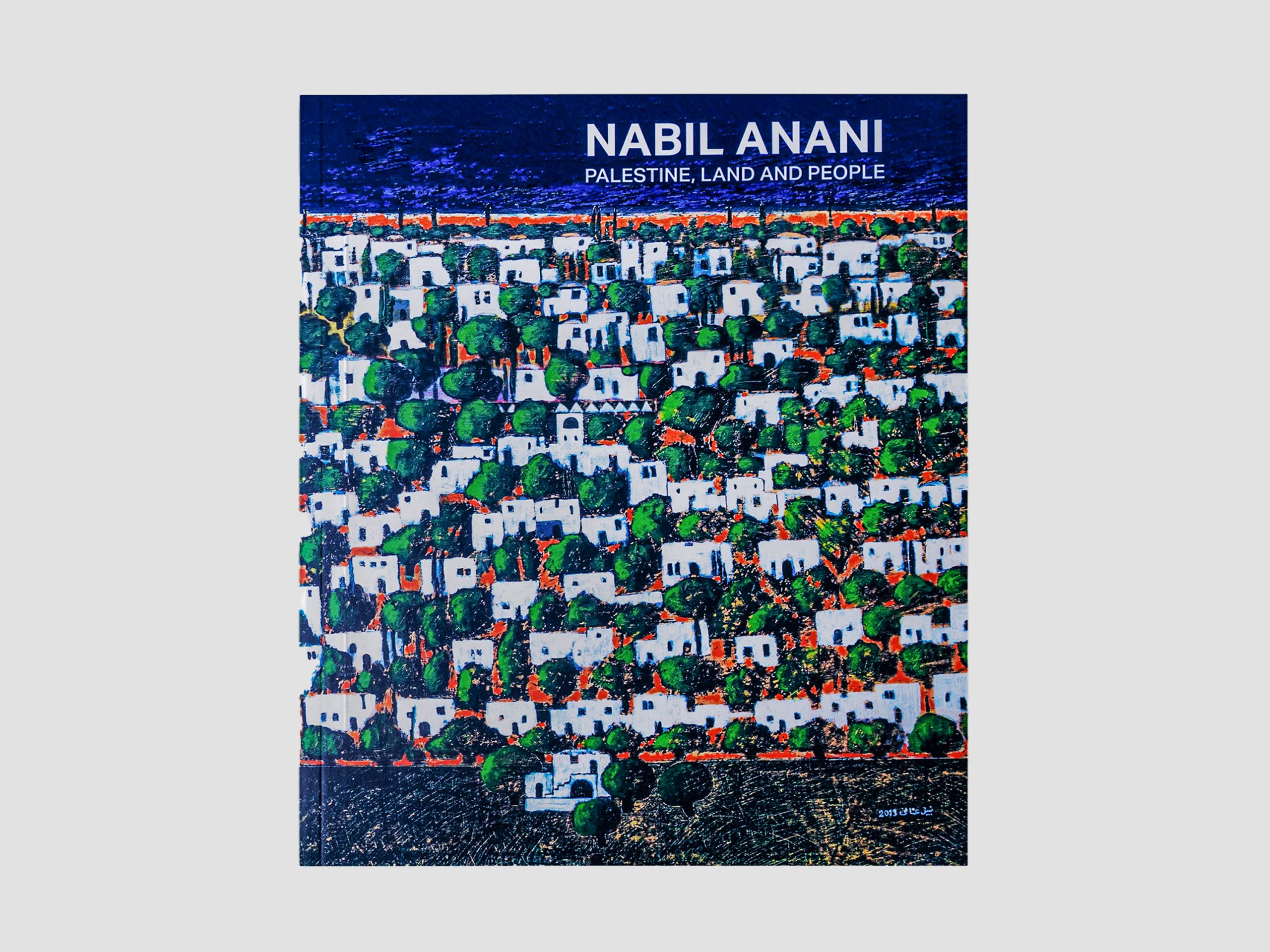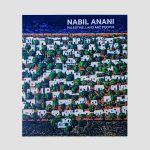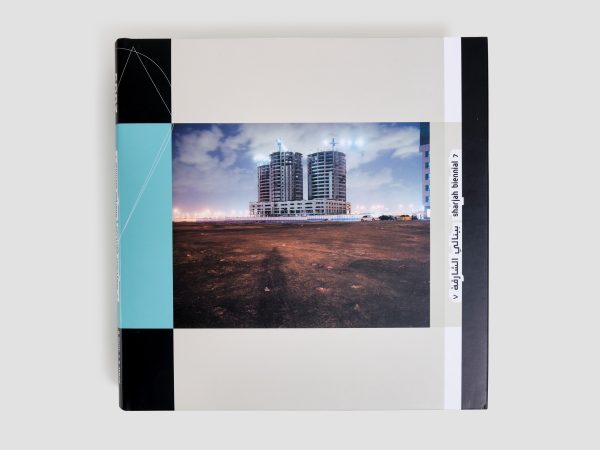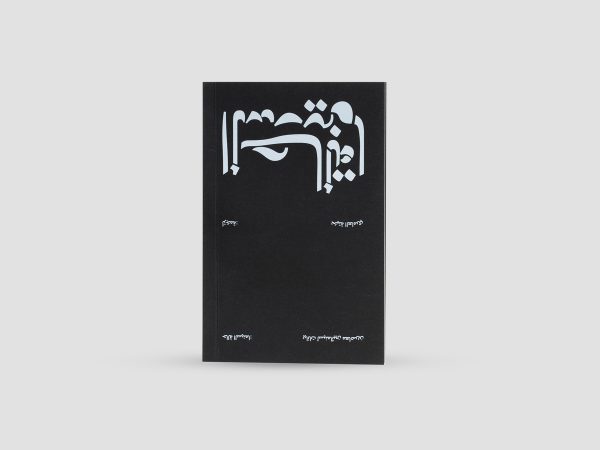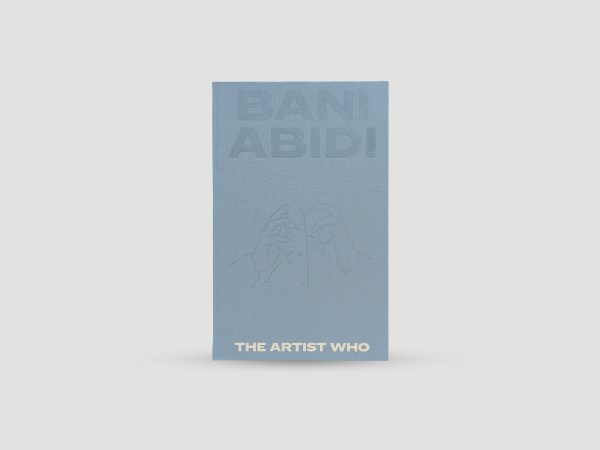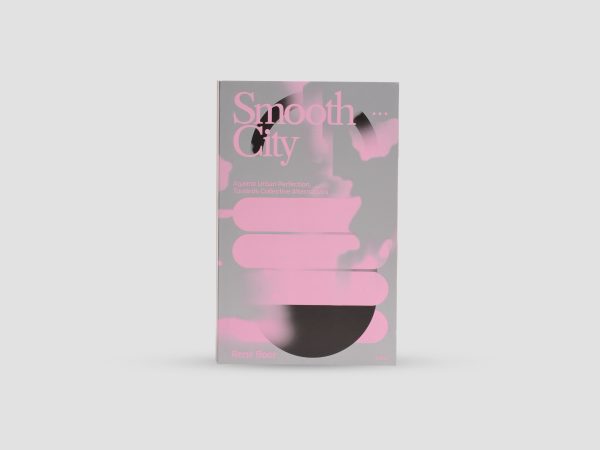Nabil Anani is one of the most prominent Palestinian artists working today. A painter, ceramicist and sculptor, he has built an impressive catalogue of outstanding, innovative and unique art over the past five decades, pioneering the use of local media such as leather, henna, natural dyes, papier-mache, wood, beads and copper.
Considered by many as a key founder of the contemporary Palestinian art movement, Anani’s development as an artist has run in parallel with major events in recent Palestinian history. His work reflects the lived Palestinian experience, exhibiting distinctive responses to issues of exile, dislocation, conflict, memory and loss. Anani’s artistic vision restores and celebrates a denied and often-forgotten reality, his work re-igniting memory.
About the Author
Born in Latroun, Palestine, in 1943, Nabil Anani is a key founder of the contemporary Palestinian art movement. He graduated in Fine Art from Alexandria University, Egypt, in 1969. On his return to Palestine, Anani began a career as an artist and a teacher-trainer at the UN College in Ramallah. He held his first exhibition in Jerusalem in 1972 and has since exhibited widely in solo and group shows in Europe, North America, the Middle East, North Africa and Japan. His works are held in many museums and private collections including the Institut du Monde Arabe (Paris), the Agha Khan Museum and the Jordanian National Museum. Anani is the co-author of a number of books on Palestinian arts and folklore, and was awarded the first Palestinian National Prize for Visual Art in 1997 by Yasser Arafat. He later became the head of the League of Palestinian Artists and played a key role in the establishment of the first International Academy of Fine Art in Palestine. In 2006, Anani was awarded the prestigious King Abdullah II Arab World Prize for Fine Art. He lives in Ramallah, Palestine.
About the Publisher
Saqi Books is a leading independent publisher of trade and academic books on the Middle East and North Africa with two imprints: Westbourne Press is committed to releasing engaging works that offer an alternative, progressive perspective on the leading issues of our time, and Telegram publishes new and classic international writing.
